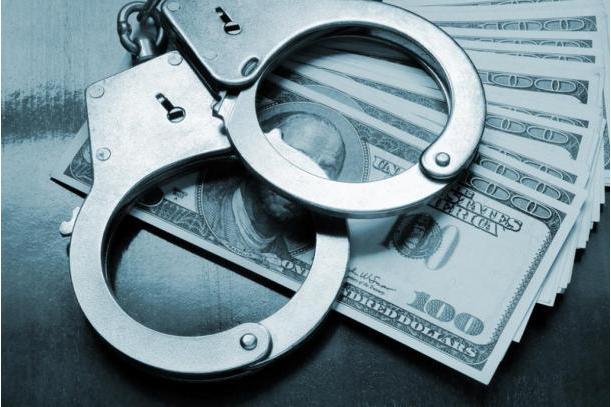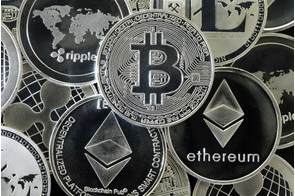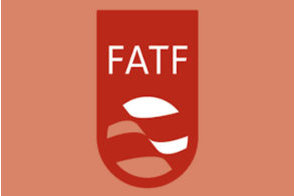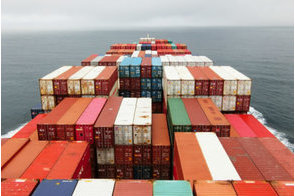Latest News
Regulators to close loophole for money laundering in art market

News Highlight
“The art market is an ideal playground for money laundering,” said Thomas Christ, a board member of the Basel Institute on Governance.
U.S. and European regulators are working to close the loophole for money laundering in the art market, according to information provided on October 2, 2019 by IMF’s F&D magazine.
“The art market is an ideal playground for money laundering,” said Thomas Christ, a board member of the Basel Institute on Governance, a Swiss nonprofit that has proposed anti-money-laundering standards for art market operators. “We have to ask for clear transparency, where you got the money from and where is it going.”
Unlike banks, life insurance companies, casinos, currency exchangers, and even precious-metals dealers, auction houses and art sellers have no obligation to report large cash transactions to a governing authority. In fact, dealers can keep the names of buyers and sellers anonymous.
While the legitimate art market is itself enormous, estimated at $67.4 billion worldwide at the end of 2018, the underground art market, which includes thefts, fakes, illegal imports, and organized looting, may bring in as much as $6 billion annually. The portion attributed to money laundering and other financial crimes is in the $3 billion range.
Related News
Latest Blogs
- Assessing the National Policy on Marine and Blue Economy
- When the intent of taxation reset diverges from its execution
- Towards healthcare system that protects patients and is fair to practitioners
- Outlook on 2026 global remittances and Nigeria
- Putting food at the centre of Nigeria’s health reform
Most Popular News
- Artificial intelligence can help to reduce youth unemployment in Africa – ...
- NDIC pledges support towards financial system stability
- Grene Capital spins out of Actis as independent real asset fund manager
- Cairo events focus on Africa’s asset integrity and cybersecurity
- Afreximbank ends its credit rating relationship with Fitch
- Cuts to donor funding threaten the right to health









